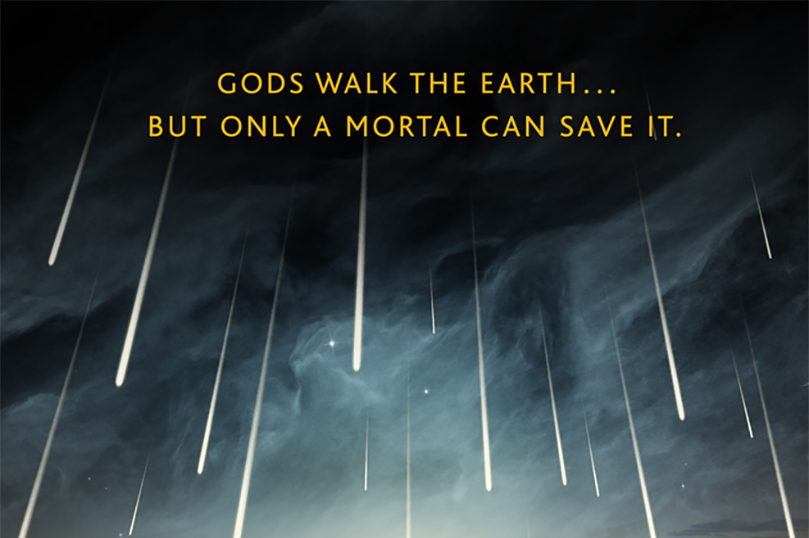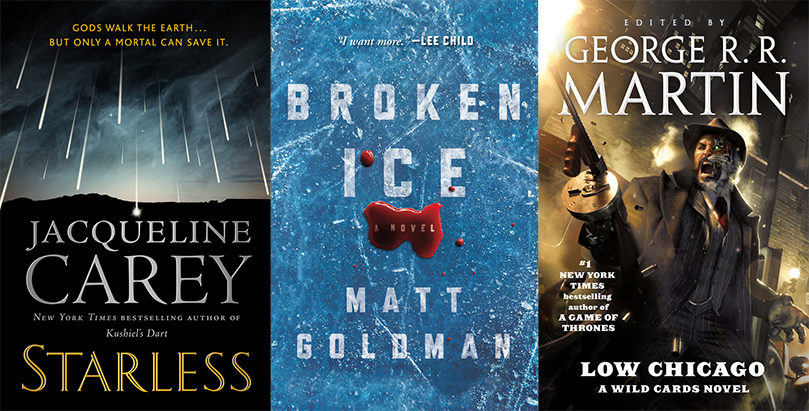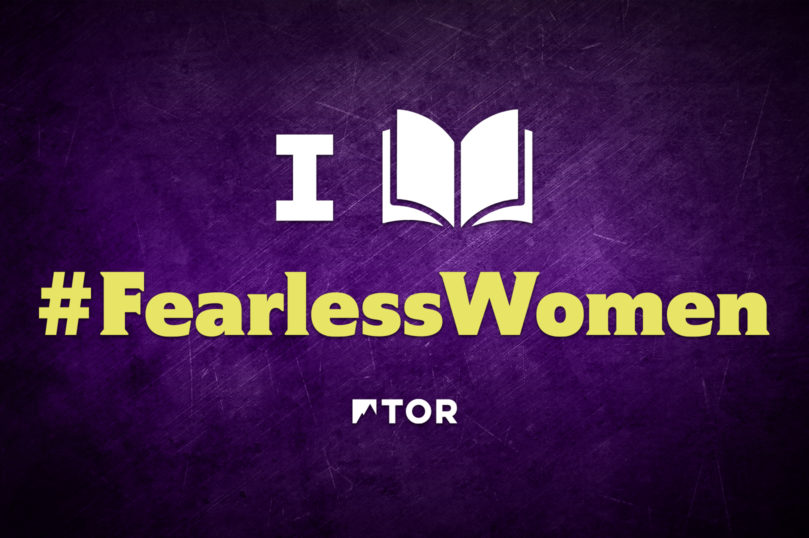Start a Discussion with the City of Lies Reading Group Guide
“I was seven years old the first time my uncle poisoned me…” Outwardly, Jovan is the lifelong friend of the Chancellor’s charming, irresponsible Heir. Quiet. Forgettable. In secret, he’s a master of poisons and chemicals, trained to protect the Chancellor’s family from treachery. When the Chancellor succumbs to an unknown poison and an army lays…




